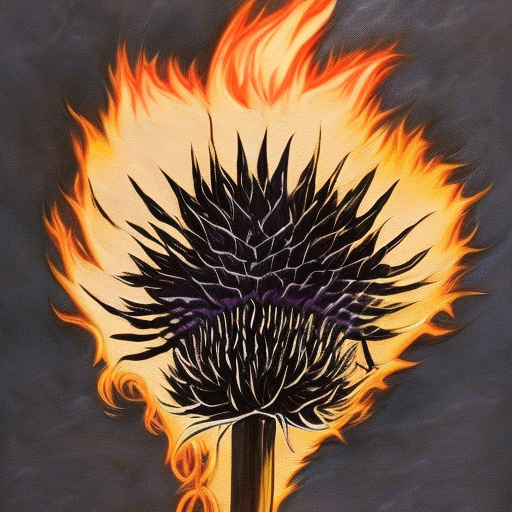One-line Summary:
Braveheart is an epic historical drama directed by Mel Gibson. It tells the story of William Wallace, a Scottish warrior who leads a revolt against the oppressive English rule in the late 13th century.
Main Cast and Crew:
- Director: Mel Gibson
- Writer(s): Randall Wallace
- Key Actors: Mel Gibson as William Wallace, Sophie Marceau as Princess Isabella, Patrick McGoohan as King Edward I, Catherine McCormack as Murron MacClannough
- Music Director: James Horner
- Director of Photography: John Toll
- Producers: Mel Gibson, Alan Ladd Jr., Bruce Davey
Plot:
The film begins with young William Wallace witnessing the death of his father and brother at the hands of English soldiers. Years later, Wallace returns to his homeland and falls in love with Murron MacClannough. However, their happiness is short-lived as she is killed by an English sheriff. Driven by revenge, Wallace leads a rebellion against the English, uniting the Scottish clans.
As the rebellion gains momentum, Wallace’s army achieves several victories against the English forces. His leadership inspires the Scottish people, and they rally behind him. However, internal conflicts and betrayal threaten to undermine their cause. Wallace’s relationship with Princess Isabella complicates matters further, as she is married to the heir of the English throne.
The film culminates in the Battle of Stirling Bridge, where Wallace’s forces face the English army led by King Edward I. Despite being outnumbered, the Scots emerge victorious, but at a great personal cost to Wallace. In the end, Wallace is captured, tortured, and executed. His sacrifice, however, fuels the Scottish resistance, leading to eventual independence.
Themes and Motifs:
Braveheart explores themes of freedom, patriotism, and sacrifice. It portrays the struggle for independence and the lengths individuals are willing to go to protect their homeland. The film also delves into the complexities of love and loyalty amidst a backdrop of war and political turmoil.
Reception and Legacy:
Upon its release in 1995, Braveheart received critical acclaim for its breathtaking visuals, intense battle sequences, and Mel Gibson’s powerful performance. The film went on to win five Academy Awards, including Best Picture and Best Director.
With its epic scale and emotional storytelling, Braveheart has left a lasting impact on cinema. It has inspired countless historical dramas and war films, setting a benchmark for the genre. The film’s iconic scenes, such as Wallace’s rallying cry of “Freedom!” and the Battle of Stirling Bridge, have become cinematic landmarks.
Recommendation:
Braveheart is a must-watch for fans of historical epics and those interested in Scottish history. The film’s compelling narrative, stunning visuals, and powerful performances make it a timeless classic that continues to captivate audiences.
Memorable Quote:
“They may take our lives, but they’ll never take our freedom!” – William Wallace












